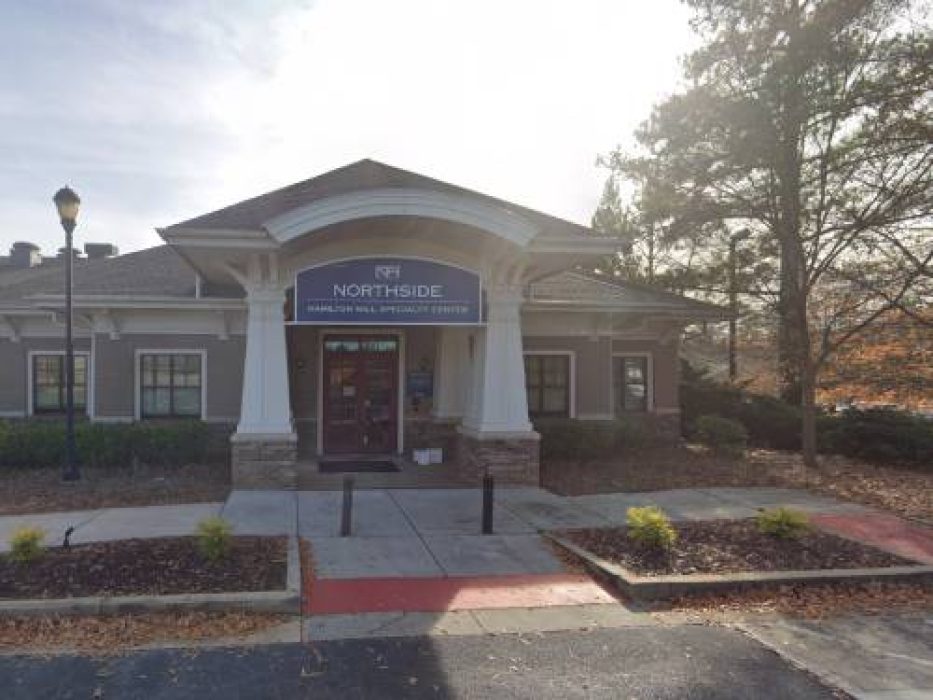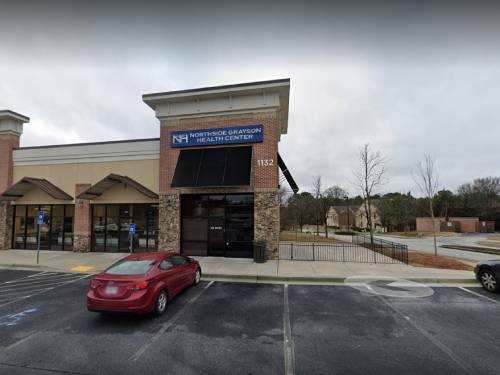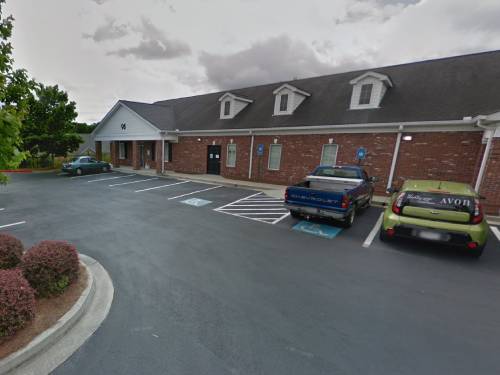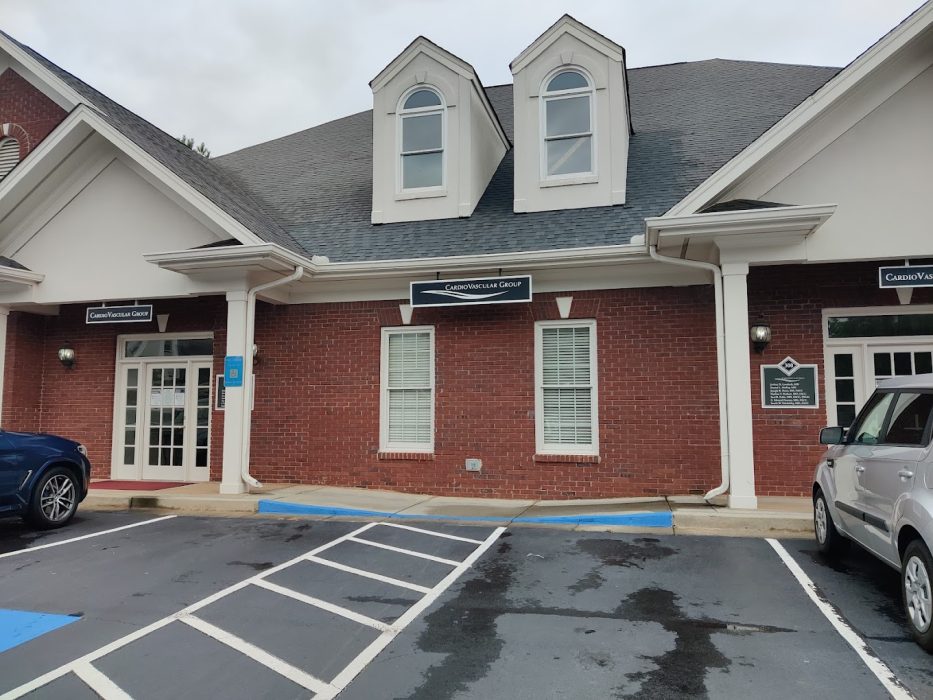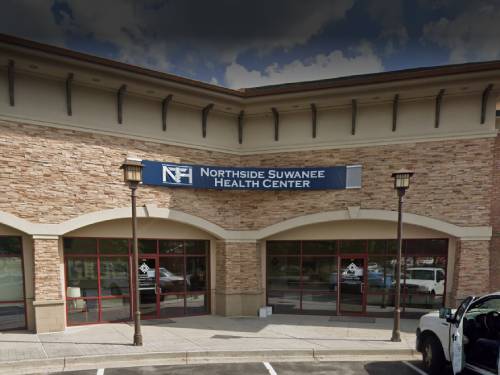Tachycardia
Lorem ipsum dolor sit amet, consectetur adipiscing elit.

What Is Supraventricular Tachycardia?
Tachycardia is an above average heart rate. This condition causes your heart to beat faster than normal, more than 100 beats per minute. The heartbeat begins in the upper chambers, also known as the atria, when the electrical signals fire too early.
This causes the atria to contract too soon, which interrupts the signal to the ventricles, or the lower chambers. This leads to an abnormal heart rhythm, since the heart must beat through a separate pathway.
Tachycardia is when your heart rate goes above 100 beats per minute. While sometimes this is a normal phenomenon, sometimes it is abnormal. You’ve probably experienced your heart racing during exercise or in moments of excitement, but what if your heart beats too fast even when you’re at rest? This condition might be abnormal tachycardia and can be more than just an inconvenience—it can potentially impact your overall health. If you’ve noticed your heart beating unusually fast or have experienced dizzy spells or shortness of breath, it’s time to consider visiting our CVG heart doctors for a thorough evaluation.
Tachycardia occurs when your heart rate consistently exceeds 100 beats per minute at rest. While a rapid heartbeat is normal during physical activity or stress, persistent tachycardia can strain your heart and lead to complications.
When your heart beats too quickly, it may not have enough time to fill with blood between beats, reducing the amount of oxygen-rich blood pumped into your body. This can lead to a range of symptoms and potential health issues.
Many people with tachycardia report feeling palpitations—a sensation of a pounding or fluttering heart. You might also experience dizziness, lightheadedness, or even fainting spells. Some individuals notice shortness of breath, chest pain, or unusual fatigue. These symptoms can be unsettling and can impact your quality of life.
By visiting our CVGheart doctors, you’re taking a proactive step towards better heart health. Our cardiologists are experts in diagnosing and treating heart rhythm disorders, including tachycardia. They can perform comprehensive tests to determine the type and cause of your tachycardia, which could be related to issues with your heart’s electrical system, certain medications, or underlying health conditions.
During your appointment, you’ll receive personalized testing and treatment. This might include lifestyle modifications, medications to control your heart rate, or, in some cases, procedures to correct the heart’s rhythm. Addressing tachycardia early can prevent potential complications and improve your overall well-being.
Don’t ignore the signs your body is giving you. Take control of your heart health today by scheduling a visit with our CVGheart doctors. Your heart’s rhythm is crucial to your overall health, and our team is here to ensure it’s beating at the right pace for you. Remember, a healthy heart beats steadily—not too slow or fast—and we’re here to help you maintain that perfect rhythm.
Read more about tachycardia and how CVG provides comprehensive cardiac care. You may also view our article on supraventricular tachycardia.
Supraventricular Tachycardia Is A Group Of Health Conditions That Cause fastHeartbeats. Learn More About Their Causes And Treatment.
Types Of Tachycardia
There are three types of this heart condition, with the side effects ranging in severity. While they are usually mild, they can also become life threatening.
Atrioventricular Nodal Reentrant Tachycardia
This is the most common form of ventricular tachycardia. It is caused by an extra pathway in your heart which leads to the electrical signal circling around instead of moving down to the ventricles as it should. This circling creates extra beats that lead to a fast heart rate.
Atrioventricular Reciprocating Tachycardia
This happens when your heart has an abnormal pathway that links the atria and ventricles, making the electrical signal move around in a loop. If you have the genetic condition Wolff-Parkinson-White syndrome, your heart contains this extra pathway. This condition can be serious.
When the loop occurs, the signal causes multiple heartbeats instead of just the one. Each signal is meant to cause one beat, but with this condition, the signal gets stuck and leads to multiple beats.
Atrial Tachycardia
This is caused by a short circuit in either the left or right atrium, triggering a faulty electrical signal. Normally, the sinoatrial node, or SA node, is the only place that creates the electrical signals that cause your heart to beat. But with this condition, there is an extra area in your atria that is firing these signals, leading to tachycardia.
Risk Factors For Tachycardia
There are many things that can trigger tachycardia. Some common risk factors include too much caffeine or alcohol, medications and stimulants (such as theophylline, over-the-counter cold medications, diet pills, and illegal drugs including cocaine, MDMA, and meth).
Other risk factors are feeling tired or stressed, smoking cigarettes, heart surgery, and exercise. Although working out generally keeps your heart healthy, over-exerting yourself can lead to adverse effects. Make sure you are staying within your limits when exercising.
How To Treat Tachycardia
Tachycardia can be treated with a variety of methodsdeending on the causes and underlying electrical pathways in your heart. Doctors might provide medicines such as beta-blockers,calcium channel blockers and antiarrhythmic medications to lower your heart rate.
For more serious symptoms of ventricular arrhythmias, you may need to undergo Defibrillation, where a doctor uses patches or paddles to provide a shock to your heart that resets its rhythm. If none of these treatments work, you might have to go through a procedure called ablation, where the doctors destroy the tissue that causes your irregular heartbeat. After this procedure, it’s possible you may require a pacemaker. The last resort of treatment could involve heart surgery.
Symptoms Of Supraventricular Tachycardia
Supraventricular Tachycardia, also referred to as SVT, has several symptoms. They are usually pretty mild but can be troublesome if episodes of SVT occur frequently or last longer than 10 to 15 minutes. Tachycardia symptoms include a rapid heartbeat, chest pain, breathing problems, and feeling tired. Other symptoms can also occur, such as dizziness or lightheadedness, sweating, pounding in your neck, tightness in your throat, or possibly even fainting.
Although most of these symptoms are mild, you should see a doctor if they occur frequently, last longer than average, or if you faint. If these symptoms occur too often or too long, they can weaken your heart muscle and possibly lead to heart disease or heart failure, so it’s crucial to let your doctor know before it gets to that point.
Additionally, since an irregular heartbeat prevents adequate blood flow, clots may form inside of your heart. If these clots travel to your brain, it can cause serious side effects such as a stroke. If you feel any symptoms, talk to your doctor and find out the best treatment plan for you.
Why Choose CVG?
Related Conditions:
- Causes And Treatment For Heart Arrhythmia
- Causes And Treatment Of Pulmonary Stenosis
- Expert Insights on Cardiac Catheterization
- Expert Insights on Low Blood Pressure
- Exploring the Latest Advances in Atrial Fibrillation Treatment
- Dangerously high cholesterol?
- Get Your Blood Pressure Test Today!
- Understanding Electrical Cardioversion
- What Are ACE Inhibitors Used For?
- What foods are high in cholesterol?
- What Heart Flutters Can Mean
- What is Heart Failure & How to Treat it?
- What Is The Success Rate Of The Watchman Procedure?
Top Conditions:
- How long can someone live with an enlarged heart?
- Pros and Cons of the Watchman Device
- Risks and Complications of Cardiac Catheterization
- Side Effects Of The Watchman Device
- The Benefits of Cardiac Catheterization
- The Dangers Of High Blood Pressure
- The Dangers Of High Cholesterol
- The Watchman Implant Procedure
- Tips To Lower High Cholesterol
- Understanding Cardiac Catheterization
Call to Schedule an Appointment
Board-certified Doctors
CVG’s twenty board-certified heart doctors will guide you through your healthcare journey with the utmost compassion and individual attention. We aim to provide you with state-of-the-art cardiac care that includes the full spectrum of services, from testing to diagnosis and treatment. The doctor/patient relationship is built on trust. Through our combined efforts, we can conquer any challenge that comes our way.
Invasive therapies may also treat an abnormal heart rhythm, such as electrical cardioversion, which sends electrical impulses through your chest wall and allows normal heart rhythm to restart, or catheter ablation that disconnects the abnormal rhythm’s pathway. Suppose your doctor determines that electrical devices are the best course of action. In that case, you may be given a permanent pacemaker, an implantable cardioverter-defibrillator (ICD), or biventricular (B-V) pacemakers and defibrillators.
How CVG Can Help
CVG offers multiple services that can provide help with your tachycardia. At CVG, we perform stress tests that will observe blood flow and test for Atrial Fibrillation. There are three types of stress tests that we perform:
- A treadmill test is a test in which you will walk on a treadmill that gets faster and steeper every 3 minutes. This will stress your heart so that our nurse or doctor can determine your EKG and blood pressure.
- An echo test is performed before and after your treadmill test to determine how well your heart pumps blood.
- A nuclear stress test is a treadmill test that is prefaced by an injection of medicine that shows the flow of blood to your heart.
If these tests determine a problem, we offer treatment solutions such as atrial fibrillation testing and catheter ablation. Learn more about our services here, or schedule an appointment to talk to our doctors.
Schedule Your Appointment with a CVG Atlanta Area Cardiologist
Expertise, experience, and compassion are the pillars of CVG’s patient-centered cardiac care. Please schedule your appointment with CVG today. Call (770) 962-0399 or 678-582-8586. You may also request an appointment online. If you have an emergency, don’t contact us online; please call 911.
Locations That Treat Tachycardia




